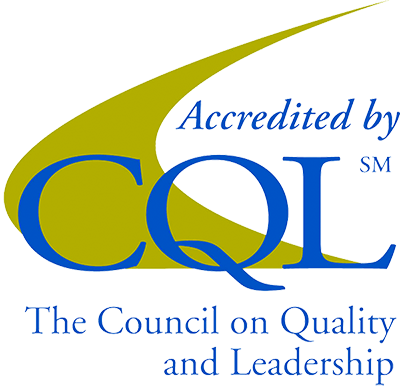
Traumatic brain injury (TBI) is a serious cause of death and disability in the United States. Even though statistics indicate TBIs are factors in approximately 30% of all injury-related deaths, many Americans are not aware of the prevalence and impact of these injuries. Review the following most frequently asked questions about TBI to familiarize yourself with the scope of this problem and increase your awareness on the consequences of TBI.
What Is TBI?
Blows and bumps can have a major influence on the brain’s capacity to function properly. When a blow is strong enough to interrupt the normal operations of a brain, it can result in a TBI. However, the severity of a TBI can vary depending on the force of the impact. Individuals who encounter a mild TBI usually experience a short change in mental capacity or consciousness, while those who endure a severe TBI experience a long state of unconsciousness and are usually subjected to memory loss after their injury.
How Common Are TBIs?
In 2013, approximately 2.8 million TBI-associated emergency room visits, hospitalizations, and deaths occurred in America, indicating that TBI was a factor contributing to the death of around 50,000 people. From 2001 to 2012, the rate of TBI injuries in children 19 ages or younger more than doubled.
What Causes a TBI?
Some of the leading causes of a TBI are slips and falls, being struck by an object, motor vehicle accidents, and deliberate self-harm. Statistics show individuals over 75 are at the highest risk for developing a TBI due to a fall. Children between the ages of 0-4 and adults 45 years or older are also groups susceptible to falls that result in the development of a TBI. Adolescents and individuals between the ages of 15-45 are most likely to develop a TBI as a result of a car accident.
What Are the Effects of TBI?
A TBI can result in a range of different changes on various levels, including mild, moderate, and severe. A TBI can affect the way a person thinks, speaks, and moves, and cause changes in social behavior. In some cases, the consequences of TBI may be permanent, while others are capable of recovery.
Some cognitive changes that may emerge because of a TBI include:
- Reduced attention span
- Memory difficulties
- Difficulties with problem resolution
- Bad judgment
- Full or partial impairment in reading and writing
- Communication issues, such as vocal deficits and reduced vocabulary
- Incapacity to comprehend complex or abstract theories
- Trouble learning new information
Physical changes due to the impact of a TBI include:
- Vulnerability and weakness
- Muscle and limb coordination difficulties
- Complete or partial paralysis
- Variations in reproductive functions
- Variations in the ability to perceive through senses
- Seizures
- Sleep difficulties
- Speech and communication problems
Shifts in personality and behavior can be indirect or severe, including:
- Hard time socializing and understanding social cues
- Lack of ability to show compassion and sympathize with others
- The inclination to be more self-centered
- Failure to regulate or direct emotions
- Increased levels of frustration and irritability
- Improper and destructive behavior
- Severe and possibly violent mood fluctuations
- Depression








